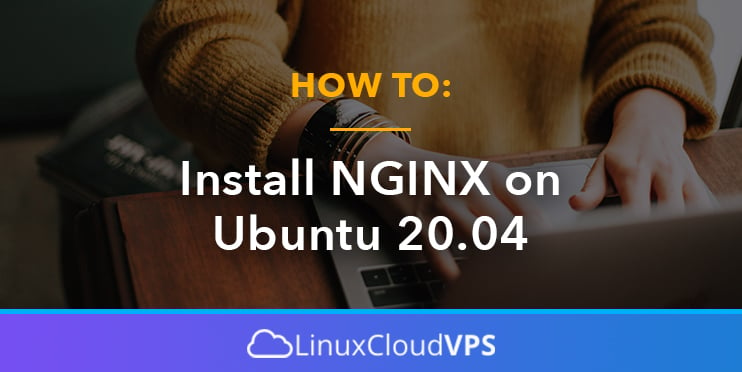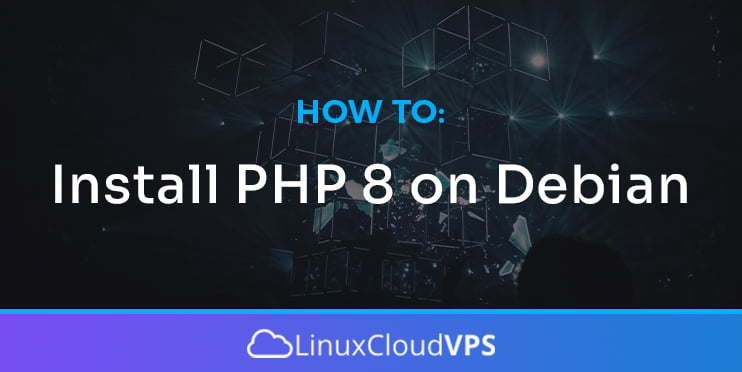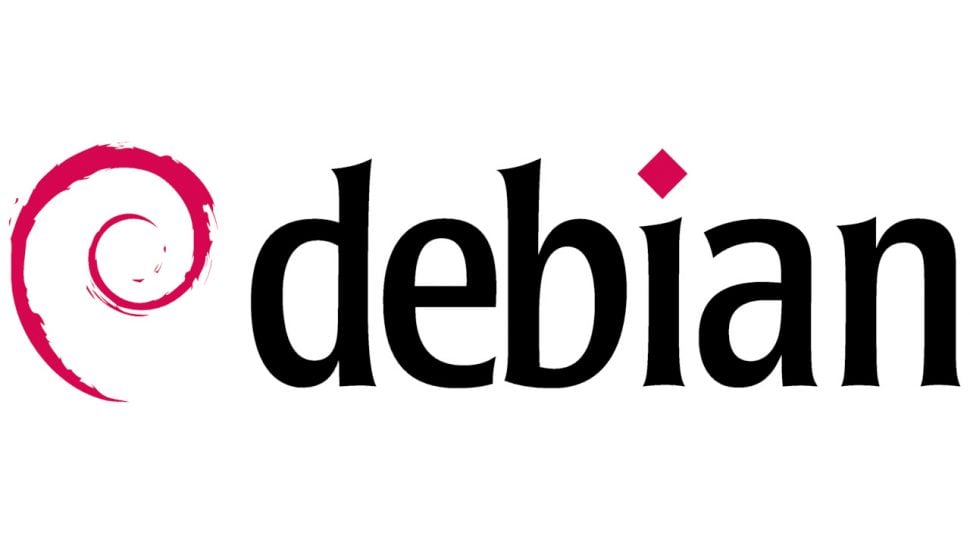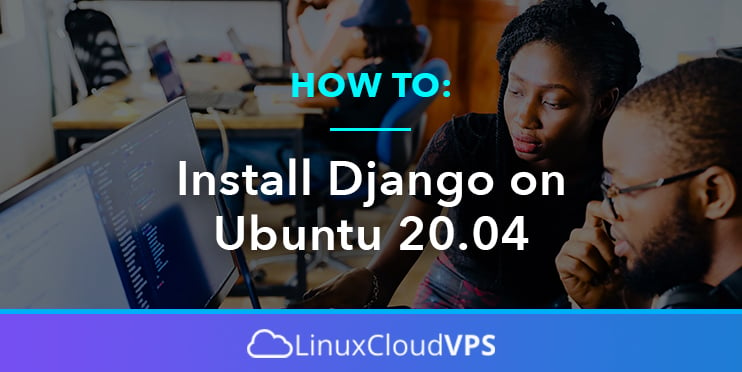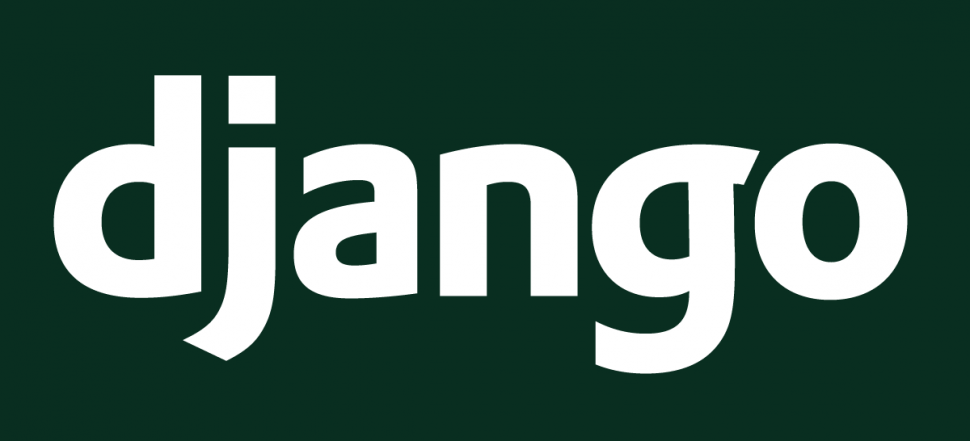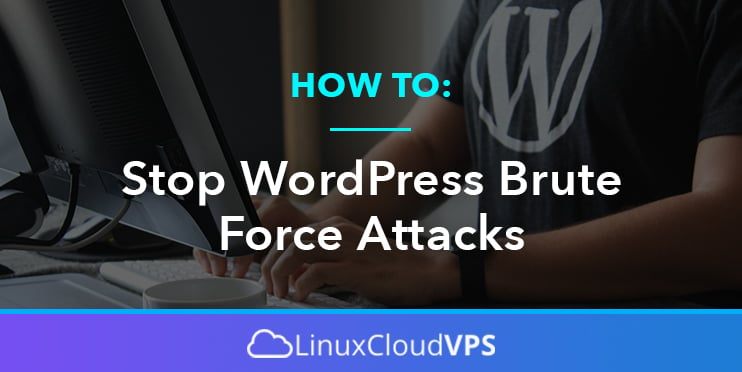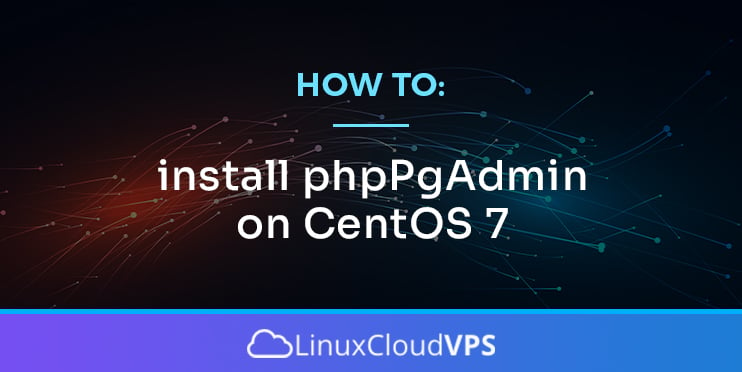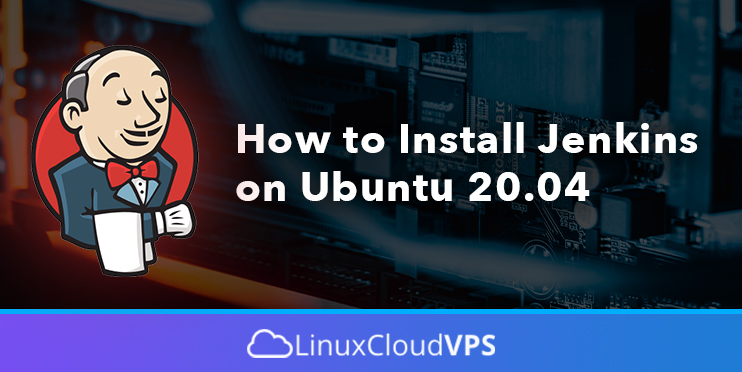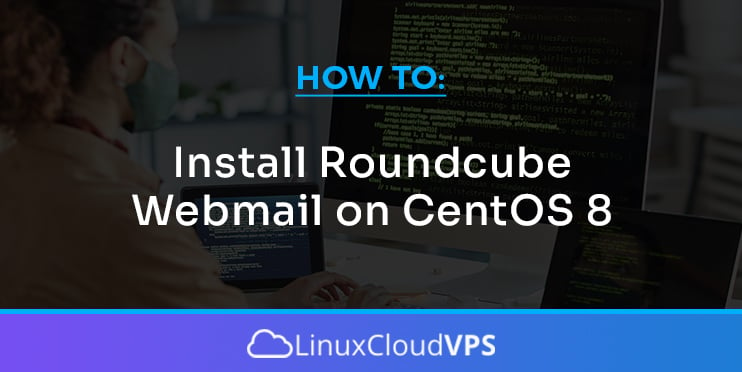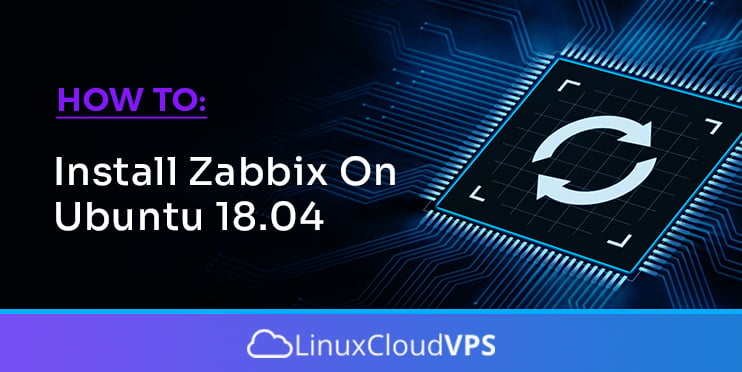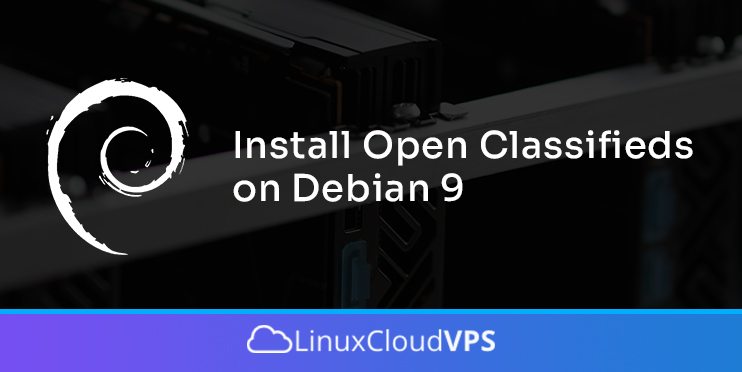In today’s tutorial, we will guide you through the steps of installing Nginx on Ubuntu 20.04. Nginx (pronounced as engine x) is a free and open-source web server designed for maximum performance, stability and scalability. It can be also used for caching, reverse proxying different protocols, load balancing, media streaming, etc.
Nginx is used by more than 30% of all active websites, which makes it one of the most popular and widely used web servers in the world. It is used by some of the well-known companies such as WordPress, GitHub, Cloudflare, Dropbox and Netflix.
